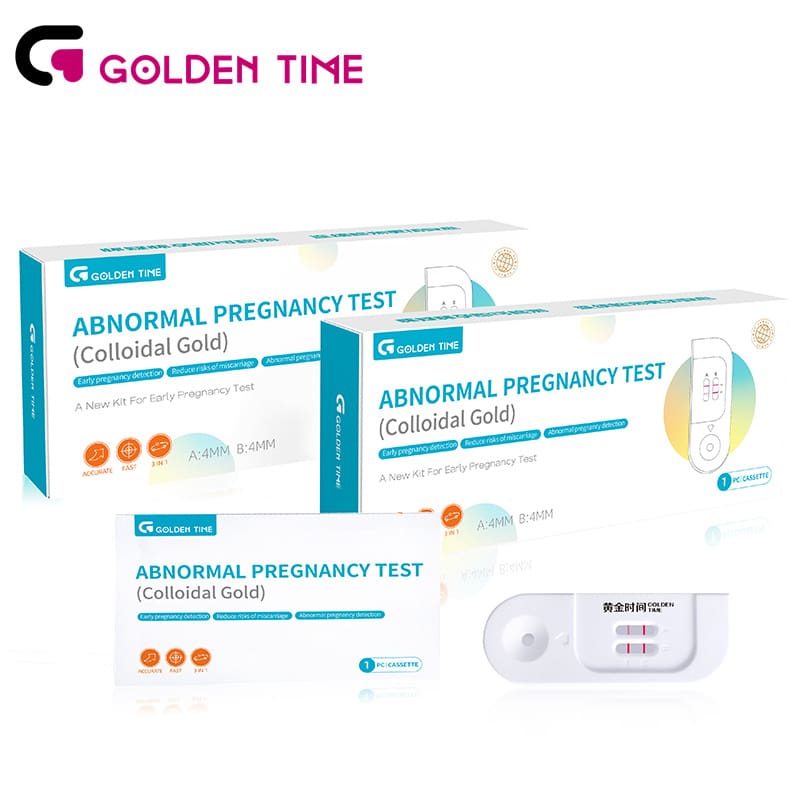
Aug . 09, 2024 20:35 Back to list
Understanding the Treponema Pallidum Antibody Test and Its Importance in Syphilis Diagnosis
Understanding Treponema Pallidum Antibody Testing
Treponema pallidum is the bacterium responsible for syphilis, a sexually transmitted infection (STI) that can have serious health consequences if left untreated. The identification and diagnosis of syphilis are critical for effective treatment and the prevention of further transmission. One of the primary tools used in diagnosing syphilis is the Treponema pallidum antibody test, which has been developed by various medical laboratories and factories specializing in diagnostic technologies.
The Importance of Antibody Testing
Syphilis has become a growing public health concern worldwide, and early detection is crucial. The Treponema pallidum antibody test plays a vital role in identifying individuals who may be infected with this bacterium. Unlike direct detection methods that identify the bacteria in a sample, antibody tests work by detecting antibodies produced by the immune system in response to the infection. As a result, these tests can indicate whether a person has been exposed to Treponema pallidum, even if they are asymptomatic.
How the Test Works
The Treponema pallidum antibody tests are typically performed using blood samples. These tests can be classified into two main categories non-treponemal and treponemal tests. Non-treponemal tests, such as the Venereal Disease Research Laboratory (VDRL) and Rapid Plasma Reagin (RPR) tests, detect non-specific antibodies that are usually present in syphilis patients. However, these may yield false positives due to other conditions like pregnancy or autoimmune diseases.
On the other hand, treponemal tests, which include the Fluorescent Treponemal Antibody Absorption (FTA-ABS) test, specifically identify antibodies directed against Treponema pallidum. A positive result in a treponemal test confirms exposure to the bacterium, while a corresponding non-treponemal test can measure the severity and response to treatment.
Production and Quality Control
treponema pallidum antibody test factory

The factories producing Treponema pallidum antibody test kits follow stringent guidelines to ensure the quality and reliability of their products. Manufacturing these tests involves several steps including the selection of high-quality antigens, development of the assay mechanism, and incorporation of advanced technologies for accuracy. Rigorous quality control protocols are in place to validate each batch, ensuring that healthcare providers receive reliable diagnostic tools.
These factories are often subject to regulatory oversight from health authorities, such as the U.S. Food and Drug Administration (FDA) or the European Medicines Agency (EMA), which review and approve testing methods to ensure they are safe and effective for clinical use. Innovations in production techniques and advances in technology continuously improve the sensitivity and specificity of these tests, making them crucial in modern healthcare settings.
Challenges and Future Directions
Though Treponema pallidum antibody testing has significantly improved the diagnosis of syphilis, challenges remain. There is a need for increased public awareness regarding STIs, as many individuals may not seek testing due to stigma or lack of knowledge. Additionally, the rising incidence of syphilis, particularly among certain populations, underscores the need for better screening methods and access to healthcare.
Looking forward, research is being conducted to develop more rapid, point-of-care testing options that could facilitate immediate diagnosis and treatment. These advancements aim to reduce the burden of syphilis and improve public health outcomes globally.
Conclusion
The Treponema pallidum antibody test is a cornerstone in the fight against syphilis, enabling healthcare providers to identify infections early and provide appropriate treatment. As manufacturers continue to innovate and improve these testing methods, the healthcare community moves closer to effectively reducing the incidence of syphilis and ensuring better health for all. Public education and improved access to testing remain critical components in this ongoing battle against STIs.
-
Dengue NS1 Rapid Diagnostic Test Kit
NewsMar.07,2025
-
Dengue NS1 Rapid Diagnostic Test Kit
NewsMar.07,2025
-
Dengue NS1 Rapid Diagnostic Test Kit
NewsMar.07,2025
-
Transferrin Rapid Test Cassette Tumor Marker TF Card
NewsMar.07,2025
-
Malaria Pf Pan Rapid Diagnostic Test Kit
NewsMar.07,2025
-
malaria pf / pan ag rapid test
NewsMar.07,2025
